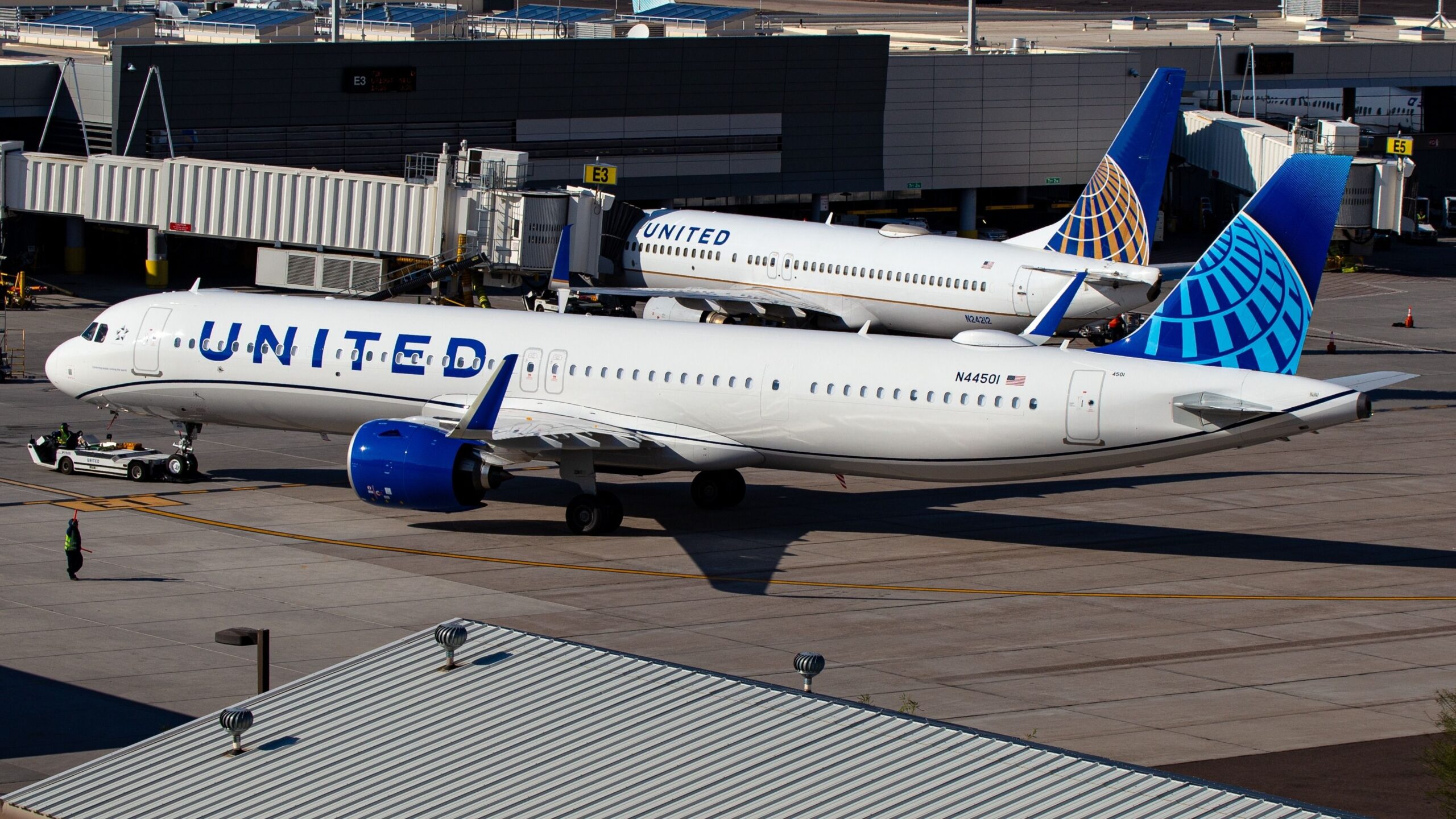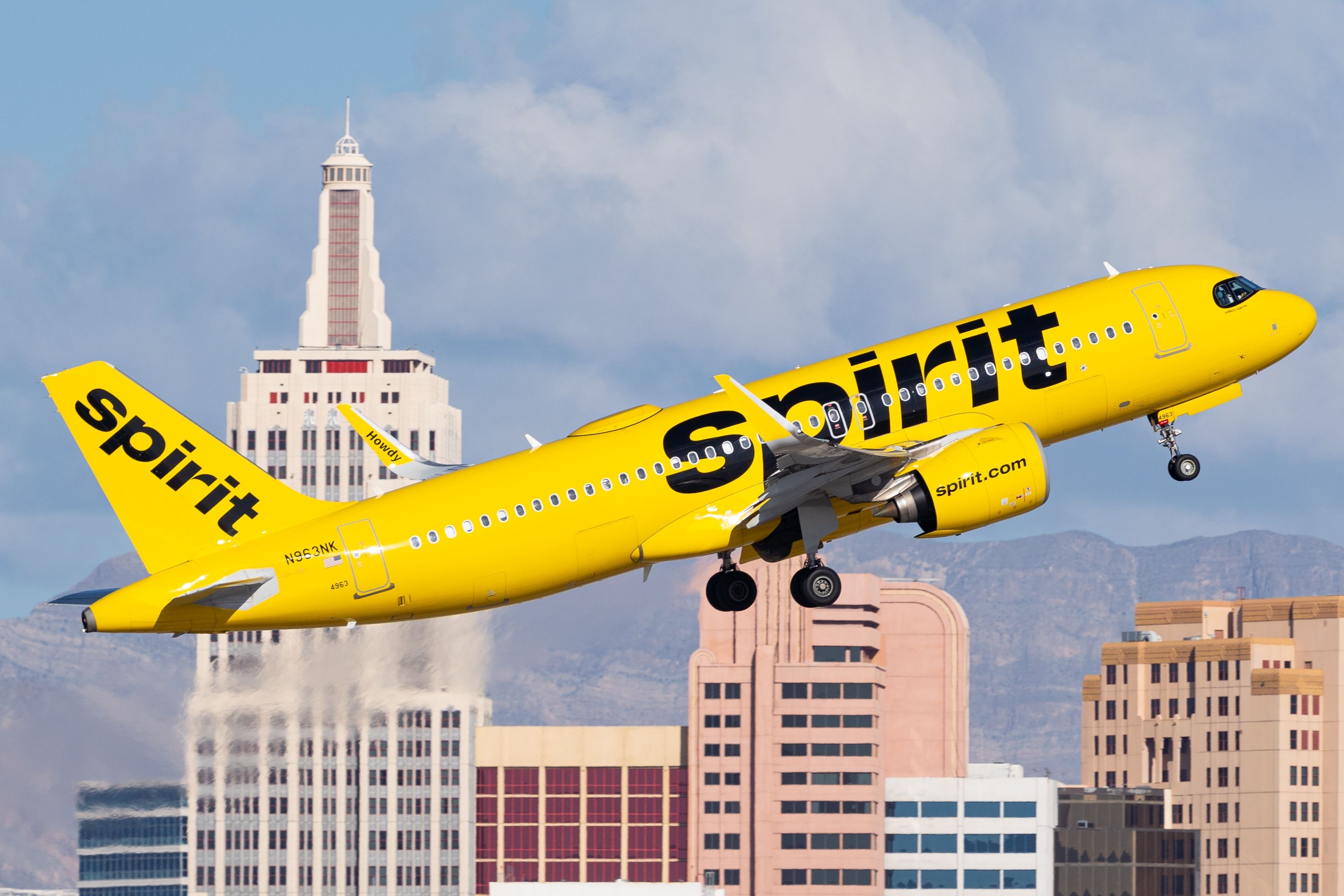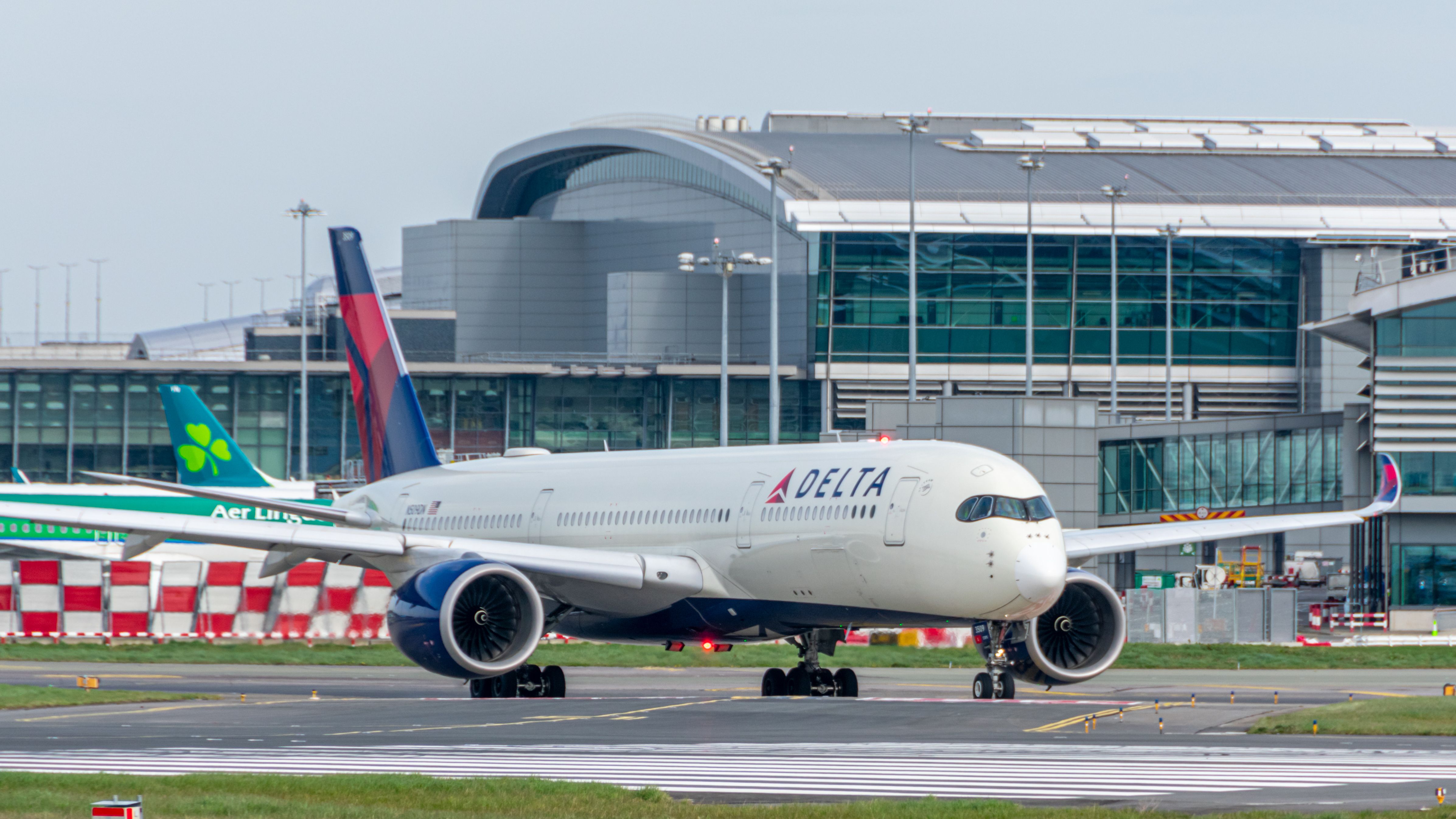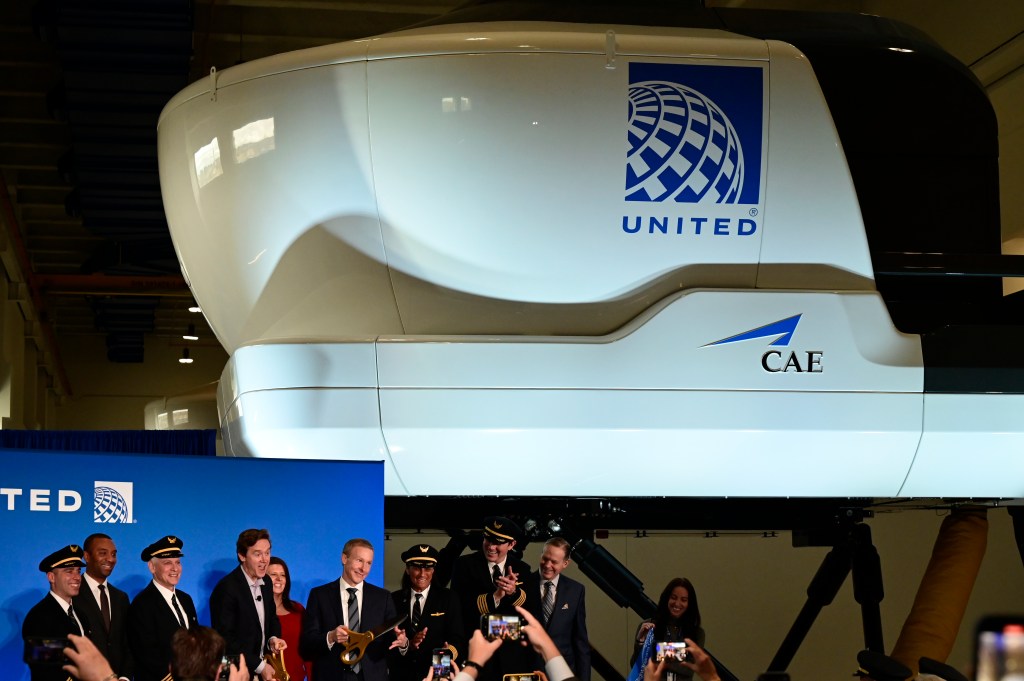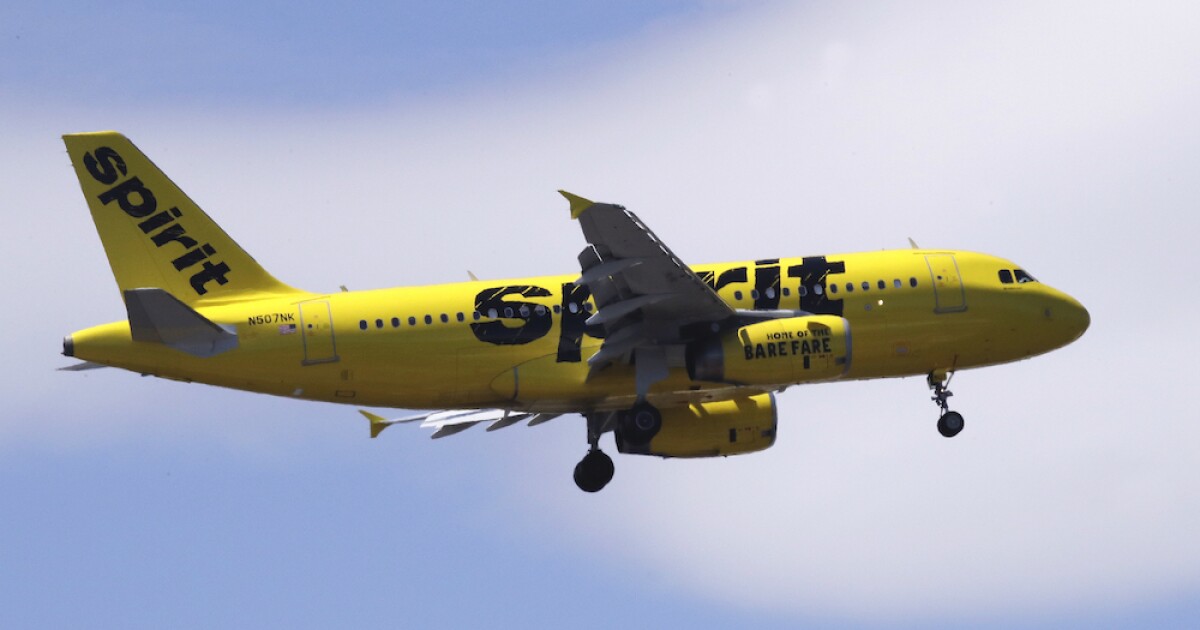Former President Donald Trump
has already secured the 270 electoral votes needed to reclaim the White House, defeating Democratic candidate Kamala Harris. With his victory, some industries are bracing for changes, and the airline sector is seeing an immediate uptick. Stocks of major US airlines surged on November 6, reflecting investor optimism that a second Trump term could mean less regulatory scrutiny for the industry.
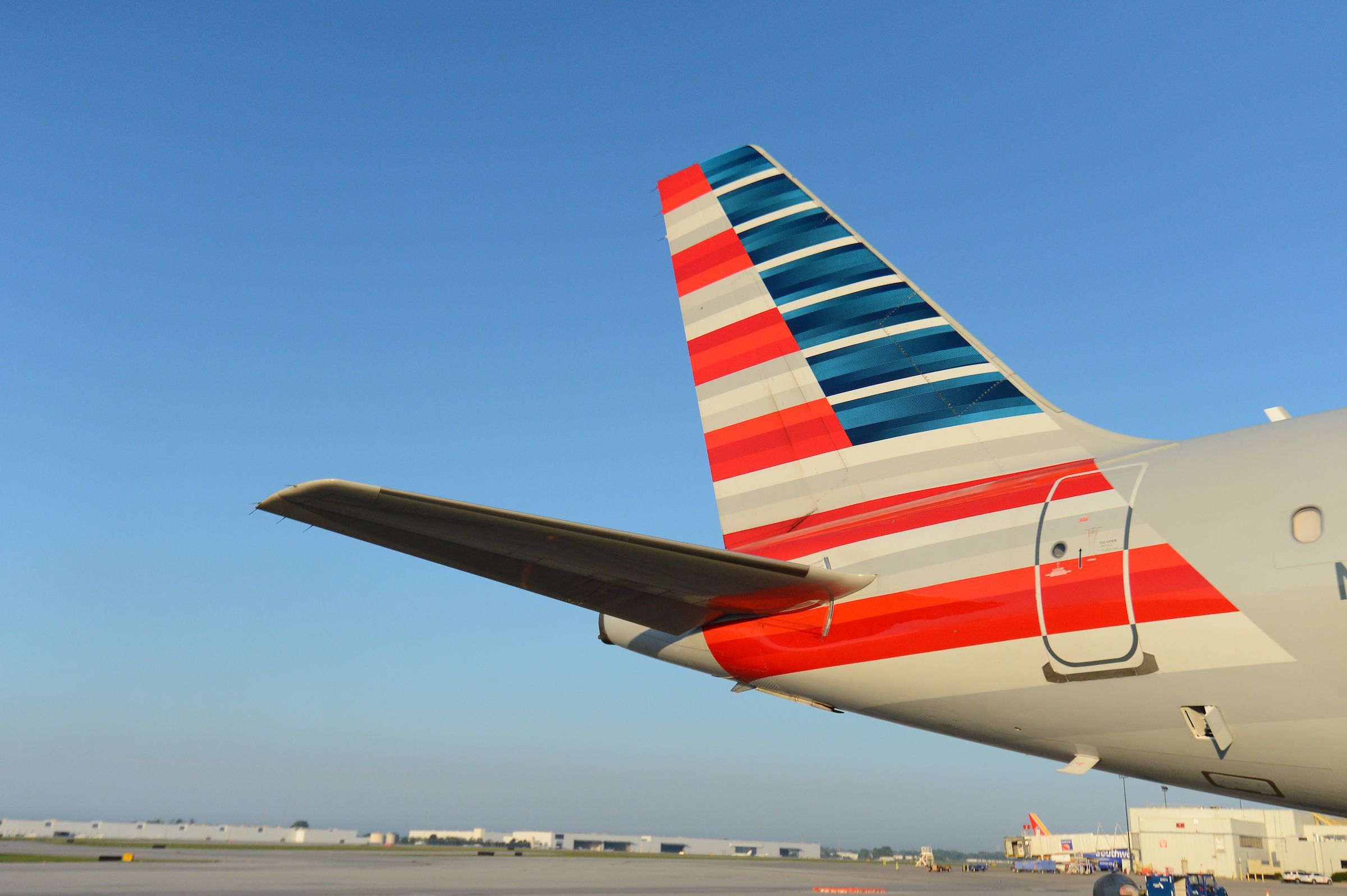 Major airlines see stock gains following Trump victory
Major airlines see stock gains following Trump victory
Shares of the “big three” US airlines were up significantly in pre-market trading, with ![]() Delta Air Lines
Delta Air Lines
(DAL) rising 6.21% to $61.91, ![]() United Airlines
United Airlines
(UAL) climbing 7% to $85.70, and ![]() American Airlines
American Airlines
(AAL) gaining 5% to $13.88. Low-cost carriers such as  Southwest Airlines
Southwest Airlines
(LUV) and Spirit Airlines
(SAVE) also saw early gains, driven by expectations that the Trump administration will pursue a more industry-friendly approach, particularly regarding airline mergers and regulations. In 2024, a federal judge blocked JetBlue
‘s attempt to purchase Spirit.
A key factor driving the stock surge is the anticipation of a more relaxed regulatory environment under Trump’s leadership. Trump’s re-election could signal a return to the pro-business stance that characterized his first term, including reduced oversight of the airline industry. In particular, airlines may face less scrutiny regarding mergers and acquisitions and the regulatory burdens related to customer service and passenger protection.
Photo: GingChen | Shutterstock
Airline mergers may gain momentum
Matthew Klint of the Live And Let’s Fly publication writes:
“The return of the Trump Administration will likely usher in a more hands-off approach to regulation that will impact both passenger protections and mergers.” In his opinion, “American Airlines is already exploring a fresh alliance with JetBlue and I expect we will see a full return of the Northeast Alliance with very little pushback from US regulators.”
During Trump’s first term, the department of justice
(DOJ) was less aggressive in challenging airline mergers and consolidations, in contrast to the more stringent approach taken by the Biden administration. The Trump administration’s deregulation policies were widely seen as favorable to airline executives, who had long lobbied for reduced oversight in favor of greater business flexibility.
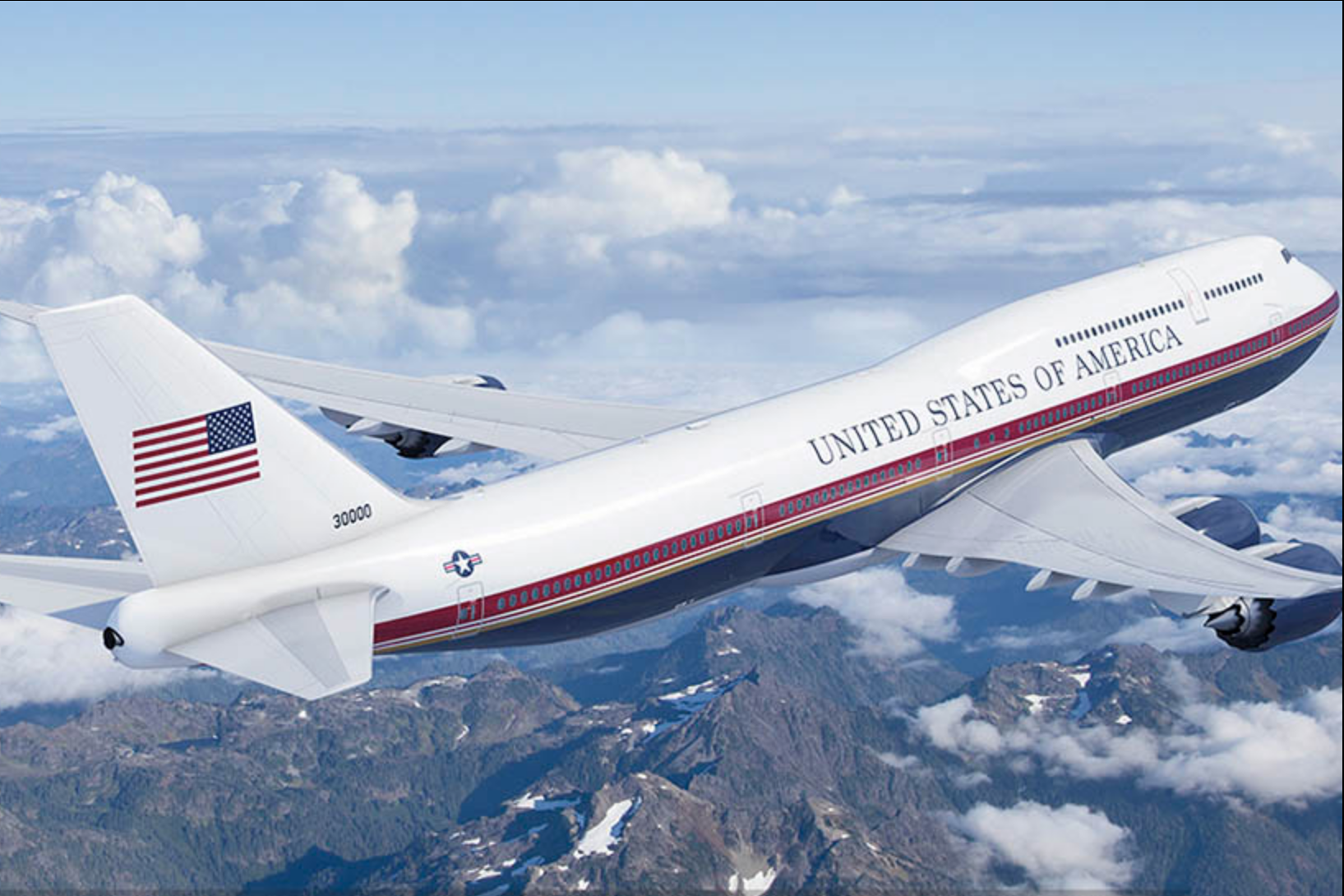
Will President-Elect Donald Trump Change The Air Force One Livery Again?
Proposed, scrapped and re-proposed? With Donald Trump’s election for a second term last night, what is to come for the future Air Force One 747-8s?
The victory could signal a rollback of airline consumer protections
Another potential consequence of Trump’s re-election is the rollback of some consumer protections introduced under the Biden administration. For example, United States Department of Transportation
(DOT) recently passed a law requiring airlines to offer automatic cancellation refunds, a policy many travelers welcome. However, with a return to the Trump White House, analysts predict that such protections could be diminished or eliminated.
Photo: Croatorum | Shutterstock
“For airlines, which faced intense regulatory scrutiny over the past four years, Trump’s policies could ease pressure around deal-making,” Sarah Kopit, travel industry news site Skift’s Editor-In-Chief, wrote. “The Department of Justice’s recent inquiry into competition in air travel may also fade under Trump’s leadership, along with proposed rules requiring increased fee disclosures by airlines and hotels.”
Airline stocks are not the only sector responding positively to Trump’s re-election. Broadly, the stock market has experienced a surge in early trading, reflecting investor confidence in the return of business-friendly policies. But for the airline industry in particular.

